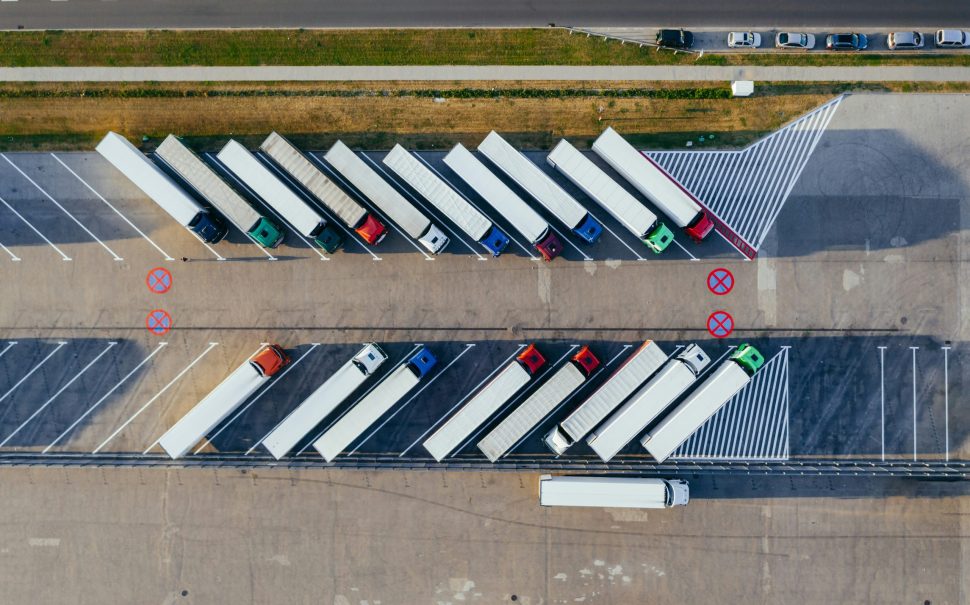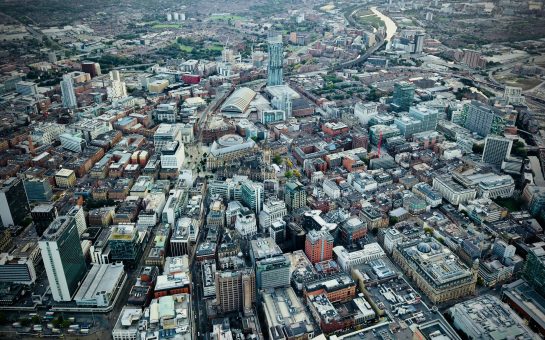As we edge further into 2025, Manchester‘s logistics sector finds itself in the midst of a transformation that’s every bit as rapid as it is disruptive.
The themes dominating boardroom conversations and public debate alike are clear: automation, sustainability, and resilience.
In Manchester’s logistics solutions sector these themes are not just passing fads, they’re the foundations of the industry’s future.
Automation on the move: From warehouses to motorways
Robots no longer belong solely in sci-fi novels or cutting-edge labs.
In UK warehouses, Autonomous Mobile Robots (AMRs) are increasingly commonplace, streamlining order fulfilment and coping with seasonal surges that once left human teams stretched to breaking point.
Artificial intelligence is also rewriting the rules of logistics.
From predicting demand patterns to calculating the most efficient delivery routes in real-time, AI is helping operators cut costs, improve accuracy, and respond faster to disruption.
On the roads, autonomous freight vehicles are edging closer to mainstream deployment, with trials proving the technology’s capacity to work alongside human oversight, rather than replacing it outright.
Going green: From token gestures to tangible change
Manchester’s logistics sector can no longer sidestep its environmental impact.
The switch to electric delivery fleets is well underway, while sustainable packaging and low-emission shipping options are moving from “nice-to-have” to “non-negotiable”.
Equally, the rise of reverse logistics, recovering, refurbishing, or recycling returned goods, is proving both a cost-saver and a reputation-booster for businesses eager to demonstrate real climate responsibility.
Circular supply chains aren’t simply a moral choice; they’re rapidly becoming a competitive advantage.
Resilience in a volatile world
Gone are the days when the leanest possible supply chain was the ultimate goal.
The last few years have shown that resilience, through diversified suppliers, regional hubs, and robust contingency planning, is essential for survival.
Technology is stepping up here too.
Digital twin models allow companies to simulate their supply chains and stress-test them against various scenarios, from geopolitical instability to extreme weather events.
Predictive analytics is enabling proactive decision-making, transforming uncertainty into a manageable risk.
Why this matters now
These shifts reflect the pressures shaping the global economy: inflationary costs, talent shortages, the unrelenting demand for fast deliveries, and the climate emergency.
But they also represent an inflection point for the industry.
If automation can be balanced with fair worker retraining, if sustainability efforts are transparent and measurable, and if resilience is built into every link of the supply chain, logistics could emerge not just more efficient, but more ethical, responsive, and future-proof.
Carrying more than cargo
Logistics is no longer simply about getting goods from A to B.
It’s about navigating a world of intersecting challenges, technological, environmental, and geopolitical.
This year may well be remembered as the year the sector stopped being just the backbone of commerce and became a blueprint for responsible innovation.
Feature image: Free to use from Unsplash




